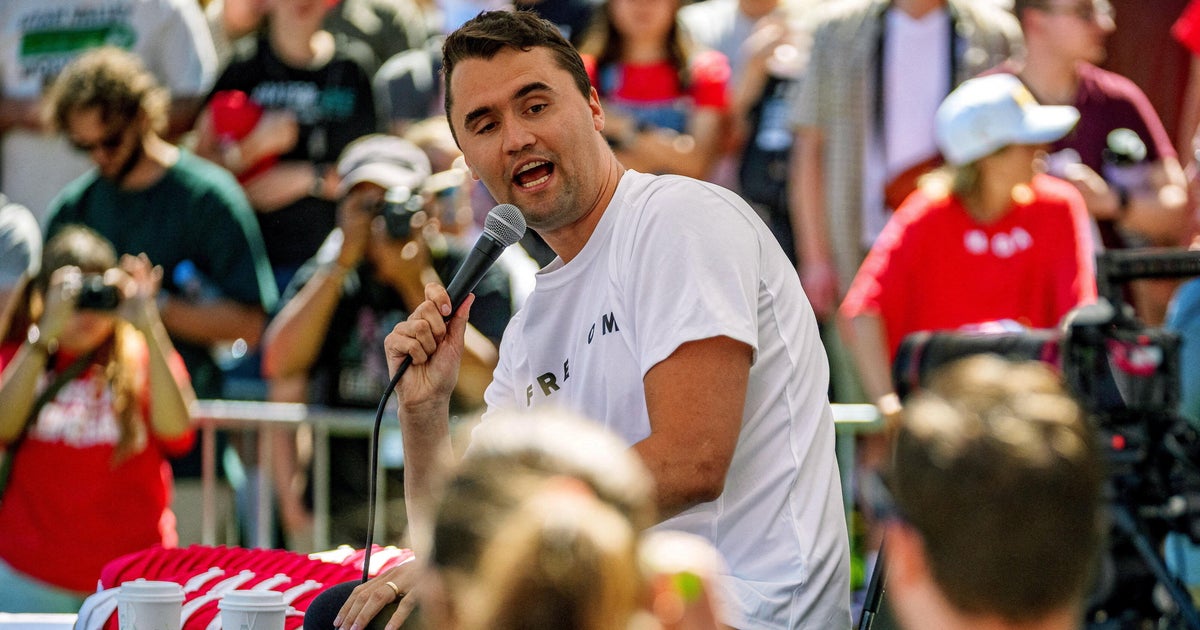In a deeply moving address targeting the youth of America, Governor Cox delivered an impactful speech highlighting the critical need for mutual respect among individuals with differing viewpoints. He emphasized the essential role that a safe and robust exchange of ideas plays in resolving national issues. His words came in the wake of the shocking and violent death of Charlie Kirk, a tragedy that rocked the nation not only because of the loss of a political figure but also due to its implications for the American societal framework.
Governor Cox described the assassination of Charlie Kirk as not merely an assault on a singular individual but an affront to the collective American spirit and its foundational principles. “This is certainly about the tragic death, the political assassination of Charlie Kirk, but it is also much bigger than an attack on an individual,” he said. “It is an attack on all of us, an attack on the American experiment, it is an attack on our ideals. This cuts to the very foundation of who we are, of who we have been, and who we could be in better times.”
The governor further distinguished political violence from other violence types, underscoring it with a call for moral clarity in public discourse and action. He announced that charges would soon be laid against Robinson, the suspected assailant, holding him solely accountable for the act. By doing so, Cox reinforced the principle that responsibility in such crimes is a personal burden and should not be diffused.
Governor Cox also recollected a quote often used by Charlie Kirk, “Always forgive your enemies — nothing annoys them so much.” This, Cox suggested, was indicative of Kirk’s broader commitment to spirited yet respectful debate—an approach increasingly rare in contemporary discourse. Further dispelling a common but controversial phrase, Cox asserted, “Words are not violence. Violence is violence.” This distinction underscored his call for a recalibration of how society interprets and reacts to verbal and physical acts.
In his speech, Governor Cox also lauded the public’s dignified response to the assassination. Unlike other incidents that might provoke riots or violent protests, the public chose a more reflective path, organizing prayers and vigils. This, according to Cox, demonstrated a commendable level of civil maturity and respect for the democratic values that define America.
Looking towards the future, Cox posited that the response to this national tragedy could serve as a critical juncture for the country. “History will dictate if this is a turning point for our country, but every single one of us gets to choose right now if this is a turning point for us,” he observed. This call to action served not only as a challenge but as an invitation for all citizens to reflect on their personal roles in nurturing a politically and socially cohesive environment.
The governor closed his address with a stern warning against the dangers of escalating political violence, which he described as a cancer capable of metastasizing, causing deterioration not just to individuals caught in its direct path, but to the nation as a whole. He appealed to his fellow elected officials, urging them to refrain from exacerbating tensions by assigning blame, suggesting instead a collective pursuit of solutions that reinforce the core values of American society.
Governor Cox’s speech thus served as a resonant reminder of the roots of American democracy simmered in diverse viewpoints and civil debate. It called upon the younger generation to uphold these values, emphasizing that the strength of a nation lies not in uniformity of thought, but in its capacity to safely and constructively navigate dissent. Through his reflection on the tragic event and invocation of core American principles, Cox invited a recommitment to these ideals, advocating for a future marked not by division but by a renewed sense of unity and purpose.









